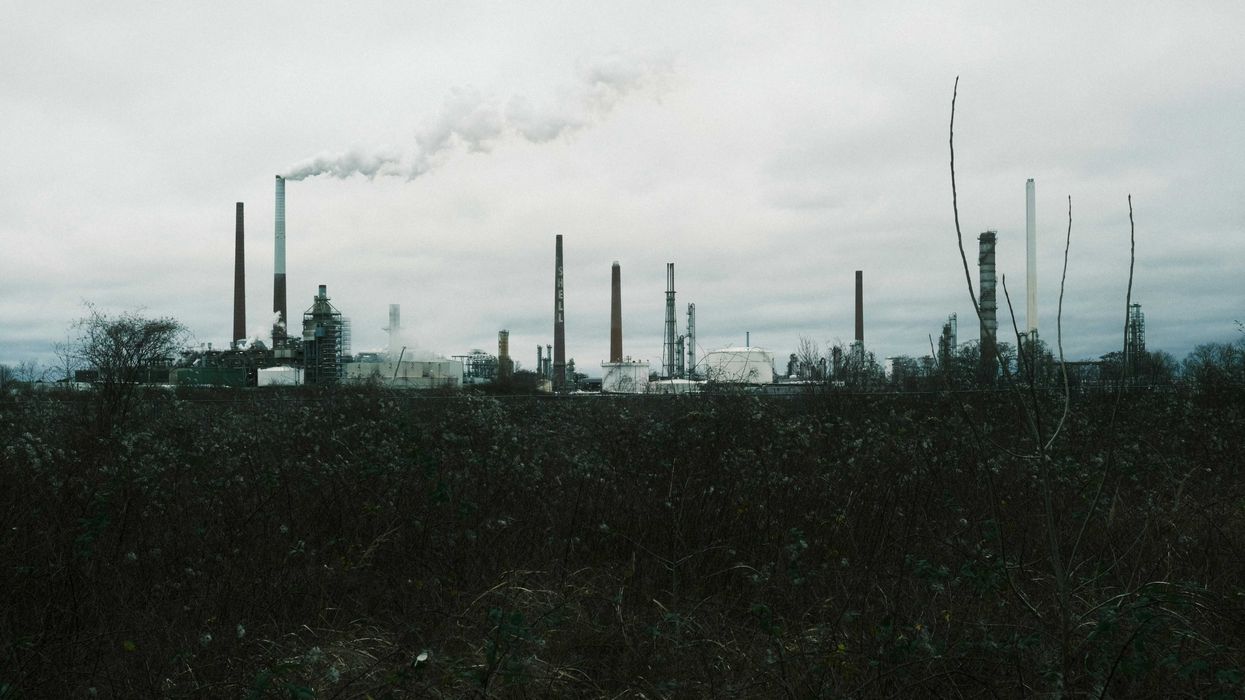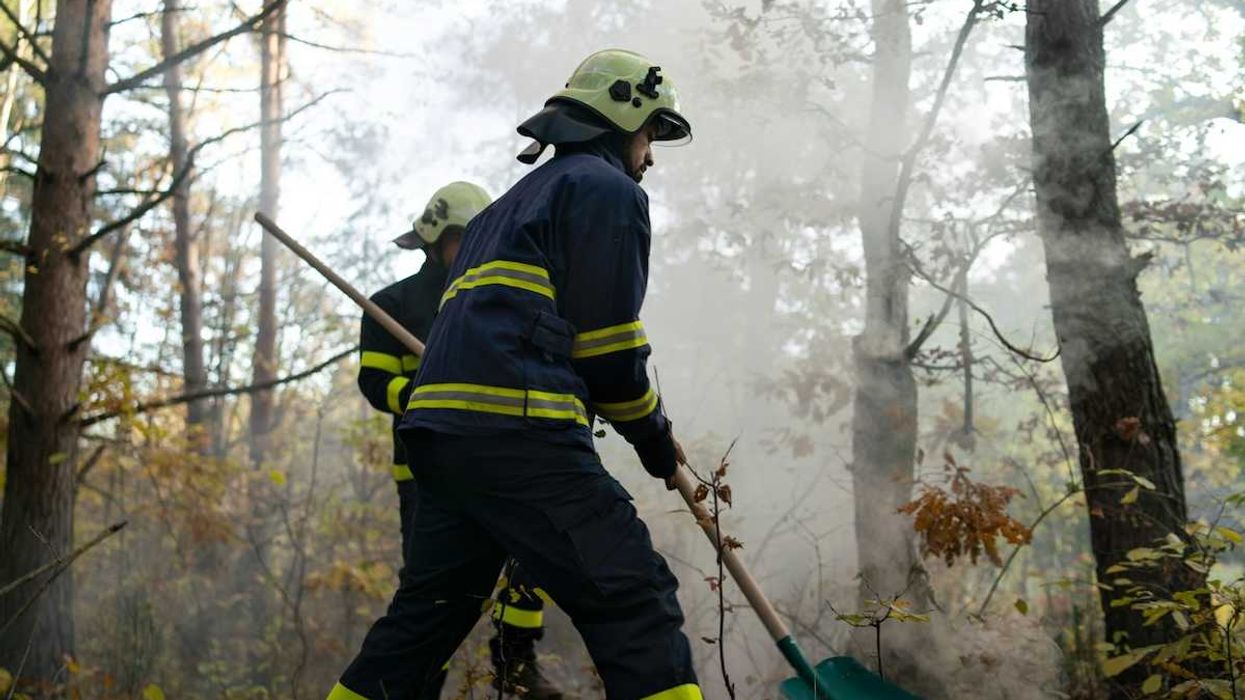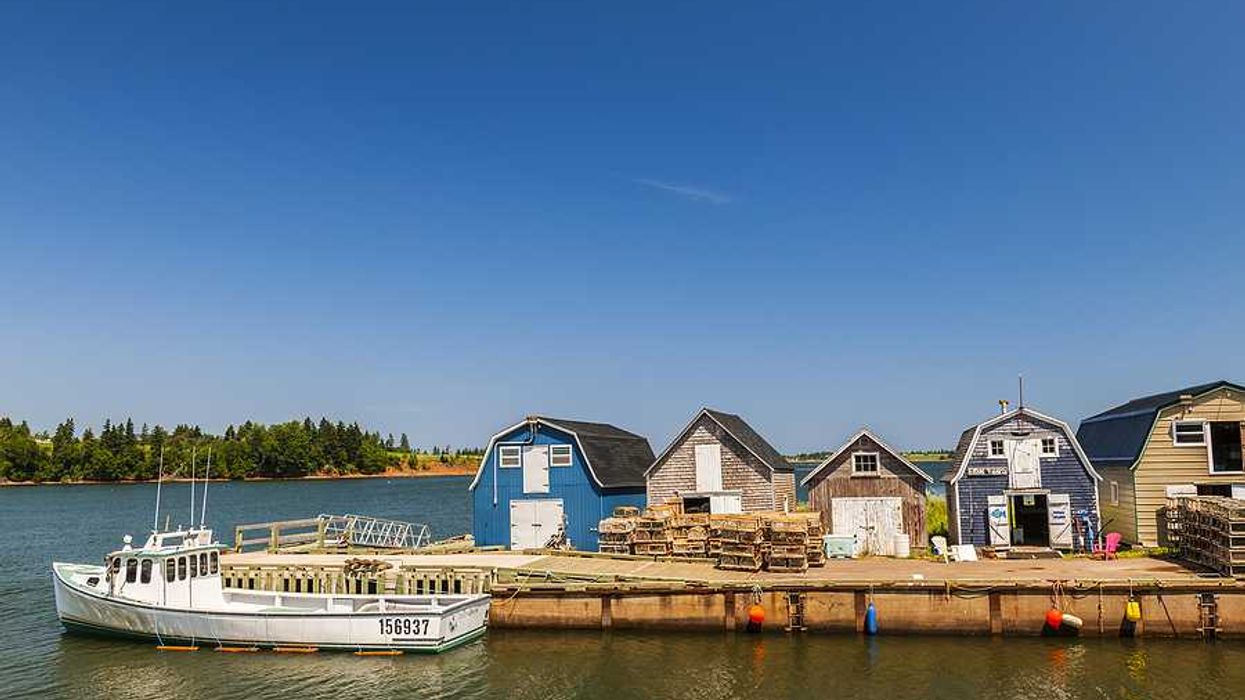A people’s tribunal in Toronto examined how Canadian mining companies, which dominate the global industry, have harmed ecosystems and Indigenous communities, raising calls for stronger legal protections for nature.
Katie Surma reports for Inside Climate News.
In short:
- Witnesses at the International Rights of Nature Tribunal described pollution, water depletion, and cultural destruction linked to Canadian mining operations in Argentina, Ecuador, Brazil, and Canada.
- Advocates argue that legal frameworks allowing nature to have enforceable rights, similar to corporations, could curb environmental damage and strengthen Indigenous land claims.
- The tribunal’s findings will be shared with the United Nations and other bodies to push for policy changes, including rejecting a free trade deal between Canada and Ecuador that may shield mining firms from accountability.
Key quote:
“We don’t want to be sacrificial lambs so some people can drive luxury cars.”
— Verónika Chávez, Santuario de Tres Pozos community
Why this matters:
The global demand for minerals used in electronics and green technologies is driving mining into environmentally sensitive and Indigenous lands. While companies claim their operations support sustainability, affected communities report pollution, loss of biodiversity, and violations of land rights. Legal efforts to grant nature enforceable protections challenge the long-standing prioritization of resource extraction over ecological health. As mining expands, tensions between economic development and environmental justice continue to escalate.
Related EHN coverage: In push to mine for minerals, clean energy advocates ask what going green really means














